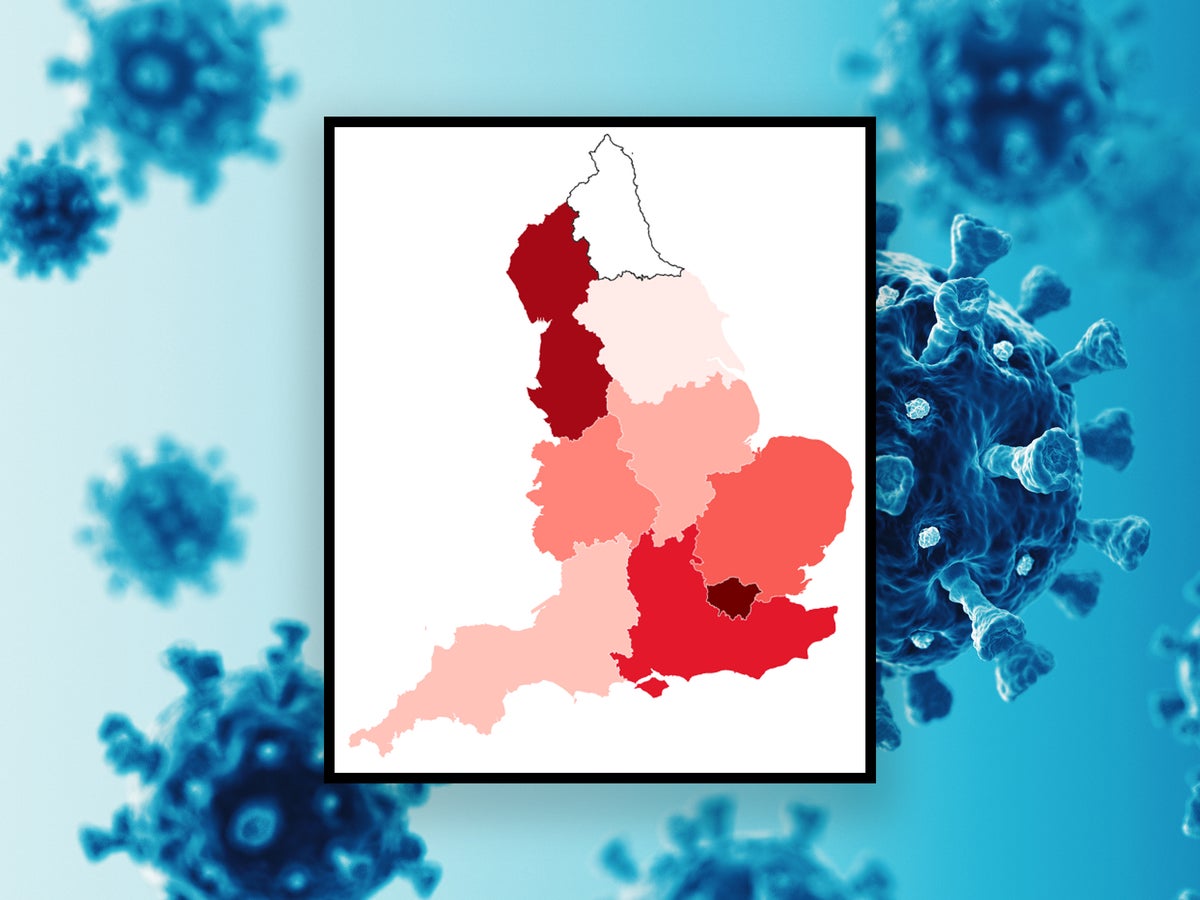
Five people in Britain have died after contracting the new Covid variant Arcturus, which has made its way around the UK.
Health authorities are monitoring XBB.1.16 amid fears that it lead to a surge in cases, as was the case in India.
Research indicates Arcturus could be one 1.2 times more infectious than the last major sub-variant – though the UK Health Security Agency (UKHSA) said there was no evidence to suggest it causes more severe illness than past ones.
XBB.1.16, a sub-variant of Omicron, was first identified in January and has been monitored by the World Health Organisation (WHO) since 22 March.
Last week, the WHO upgraded XBB.1.16 to a “variant of interest”, which means it has mutations that are suspected or known to cause significant changes and is circulating widely in many countries.
The variant has spread across the UK. England recorded its first case on the week ending 15 February in the East of England region.
By 17 April, the latest date for which figures are available, the variant had spread to every region besides North East England. Wales had seen eight cases, Scotland five and Northern Ireland two.
Our map below shows how many cases of the new variant have been recorded in each region up to 17 April:
Last week, The Independent reported concerns from experts that Arcturus could become the dominant variant in the UK after the strain sparked a new wave of infections in India – growing at a faster rate than other variants and “rapidly outcompeting” others.
Professor Adam Finn, from the University of Bristol, who is also an adviser to the government’s Joint Committee on Vaccinations, told The Independent: “There’s no clear evidence that it’s a more dangerous variant in terms of case fatality rates, or hospitalisation rates than the previous and currently circulating subvariants.
“The deaths that we see [are] nearly all in the elderly and, of course, they are caused by whatever is circulating at the moment.”
He added: “Given that it [the variant] is around, then the deaths we’re going to see are going to be associated with it because it’s what’s around.”
Data from the UKHSA shows Arcturus makes up roughly 2.3 per cent of all new cases.
Professor Francois Balloux, professor of computational systems biology and director of the University College London’s Genetics Institute, said Arcturus is closely related to another subvariant XBB1.5, which is currently the dominant variant in the UK.
He said: “In places that didn’t have an XBB.1.5 wave (e.g. India or China), it is expected to do well (as did XBB.1.5). Conversely, in places like the UK, it is not expected to have much of an impact on case numbers, and even less so, on hospitalisations and deaths. XBB.1.16 is still at low frequency here in the UK, but it may become the next dominant variant in the future.”
A UKHSA briefing, published last Thursday, said India, which accounts for 61 per cent of reported Arcturus cases globally, continued to see a rise in cases linked to the new variant.







